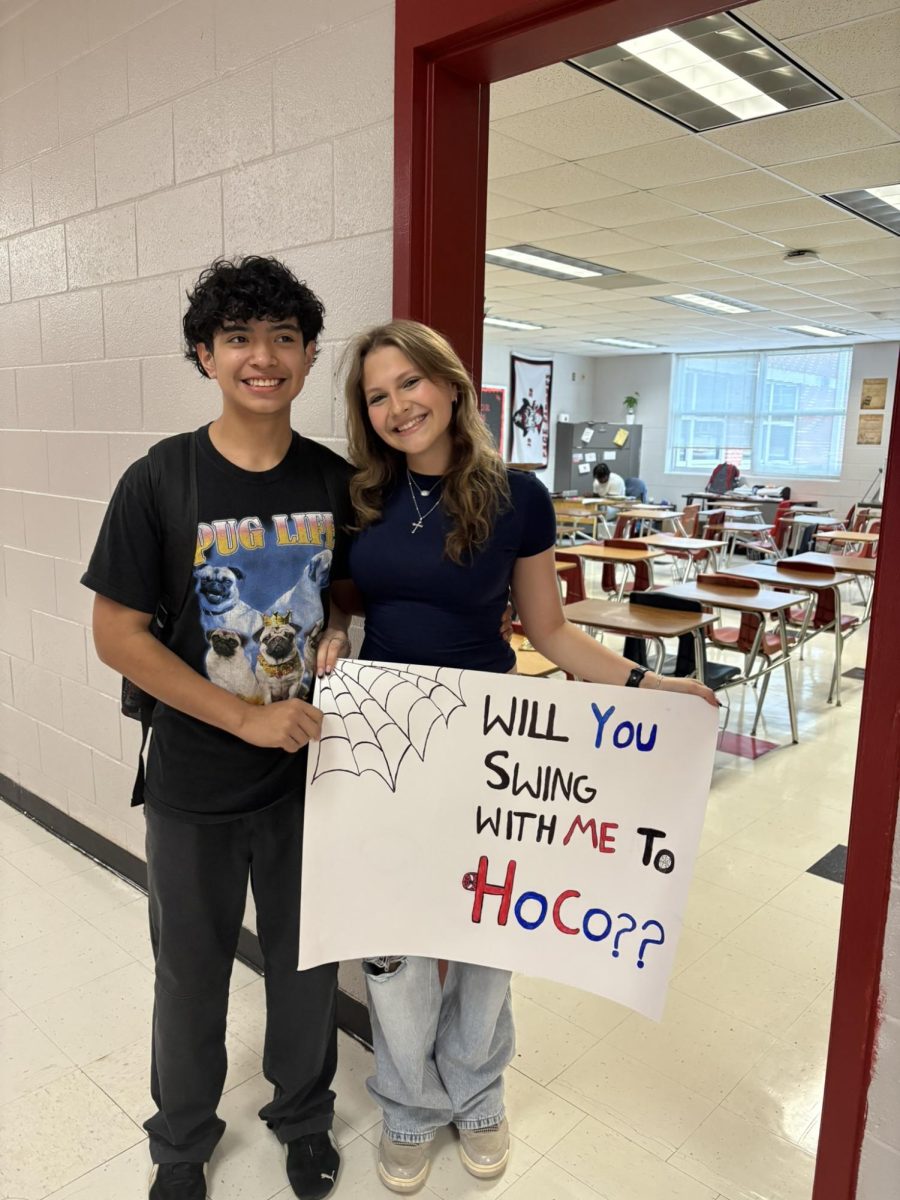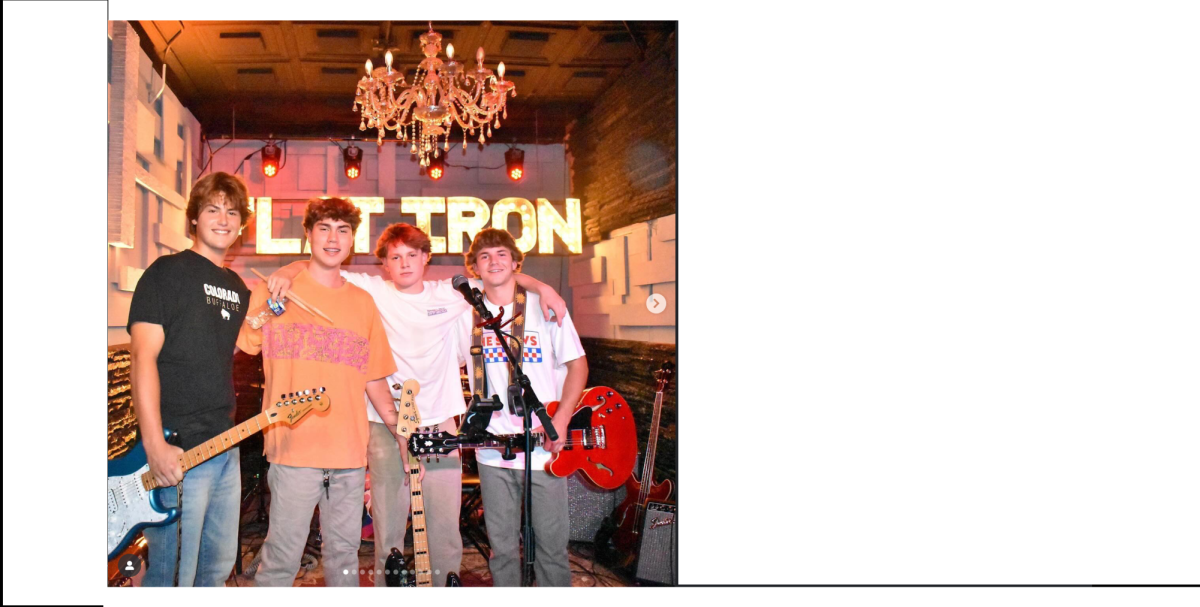In our digital age, the question of whether individuals in the past should maintain privacy in the present is complex and multifaceted. Here are considerations for determining whether they deserve privacy.
Relevance to Public Interest: Deciding whether old stuff should stay private usually comes down to whether it matters to the public. Sometimes, the media wants access to private info, claiming it’s their First Amendment right. But there are times when what the public needs to know is more important than one person’s privacy. Like if someone spills the beans about government corruption or a crime, it’s usually seen as crucial info for everyone to know, even if it means digging into someone’s personal life.
Consent and Context: The issue of consent and context is important when evaluating the disclosure of past information. Individuals may have shared personal details in confidence or under the assumption of privacy, such as in private communications or personal diaries. When these details are later exposed without consent, it raises ethical questions about the boundaries of privacy and the responsibility of those who choose to disclose private information. Some factors, including the intended audience and purpose of the information, should also be considered when assessing the validity of such disclosures.
Impact on Reputation and Well-being: Digging up old private stuff can seriously mess with someone’s life. Even if what’s revealed isn’t harmful, having it suddenly out there for everyone to see can really mess with a person’s head and relationships. If there’s no
good reason for bringing it up and it’s just gonna hurt someone, then it’s not cool—it’s like stepping all over their privacy rights.
Responsibility of Discloser: When it comes to privacy, everyone’s gotta play fair. If you know something private about someone, it’s on you to keep it to yourself. Journalists, for instance, have to think about whether the public really needs to know something before spilling the beans. And if you’ve got access to private stuff, it’s your job to handle it with care and not blab it around, especially if it could hurt someone.
Impact on Future Behavior: This type of violation against privacy can have far-reaching consequences beyond the immediate harm inflicted. Fear of past indiscretions resurfacing may lead individuals to engage in self-censorship, inhibiting personal growth, and stifling authentic expression. Furthermore, the threat of past actions being weaponized against individuals in the present or future may create a chilling effect on freedom of speech and expression.
In conclusion, the right to privacy is an evolving concept that requires careful consideration of various factors. While there may be instances where past actions are relevant to the present, determining whether individuals deserve privacy depends on the context, impact, and ethical considerations surrounding the disclosure.















